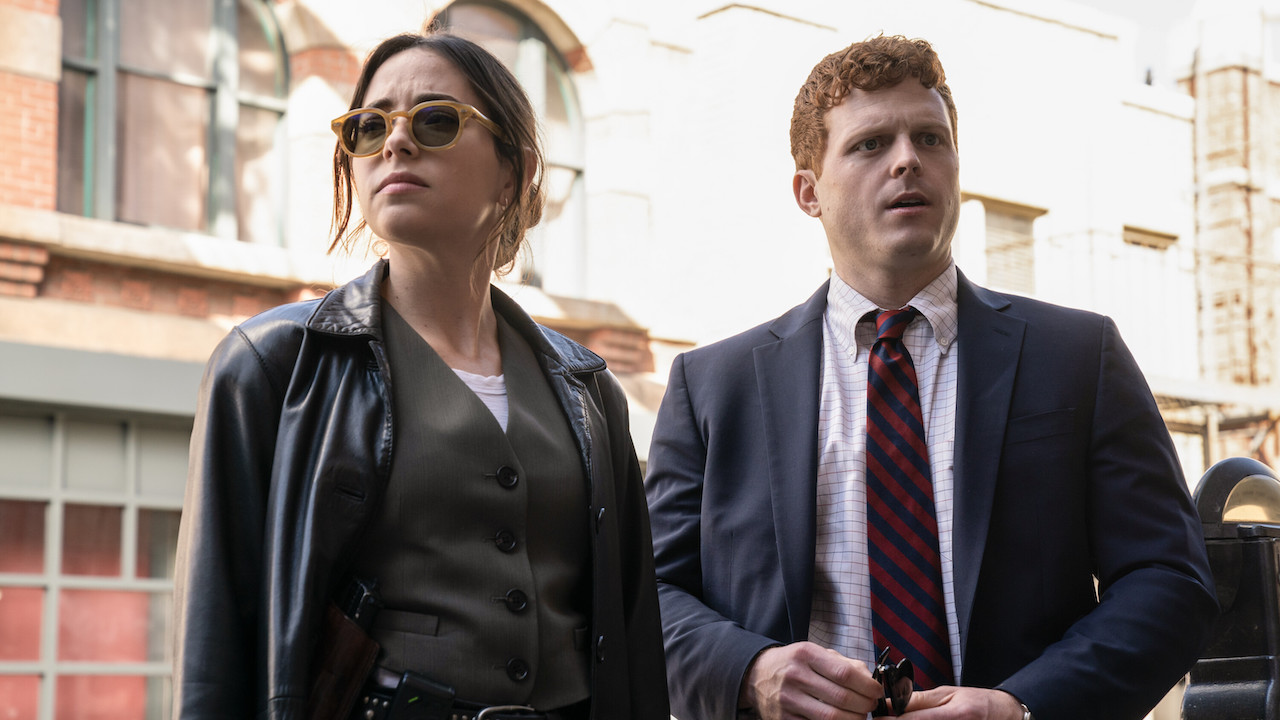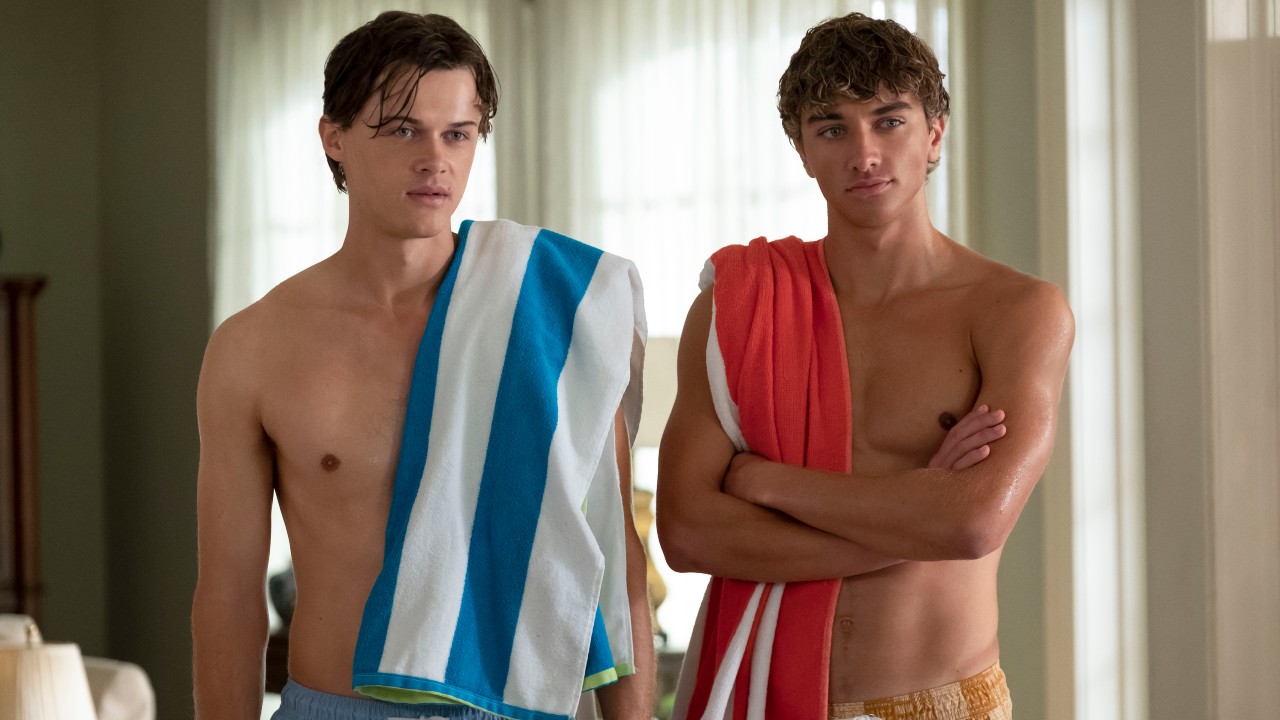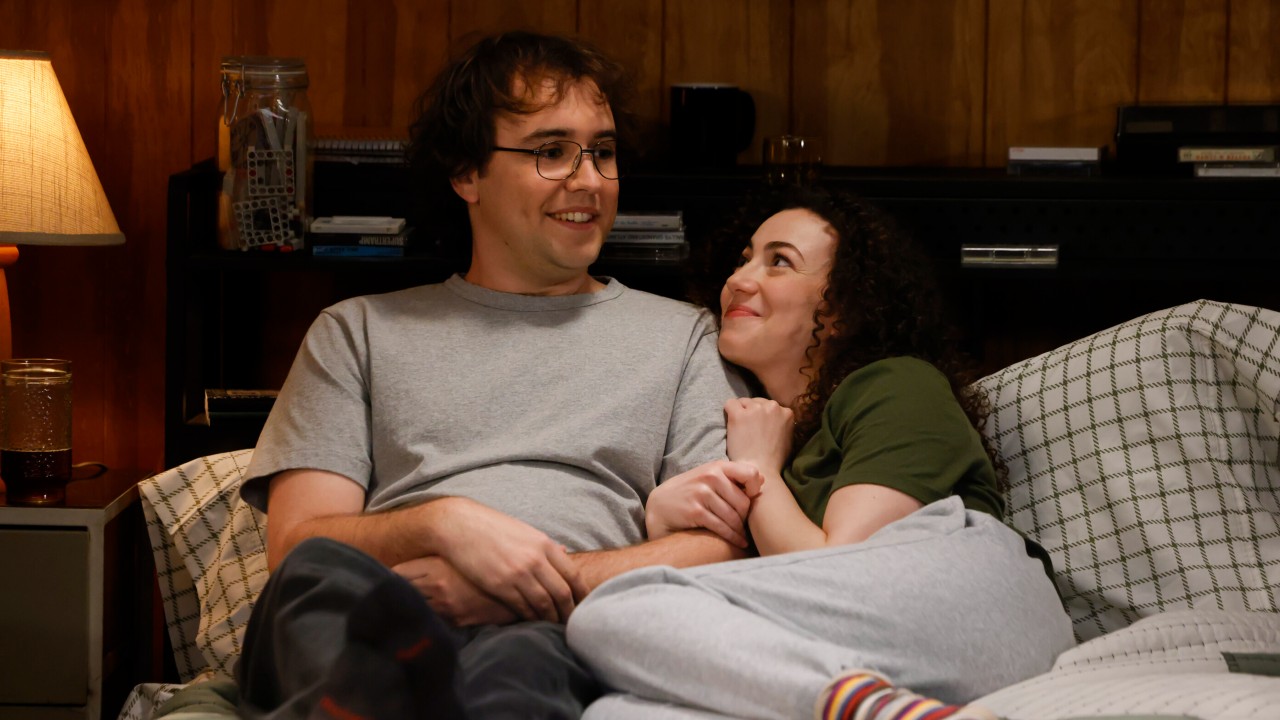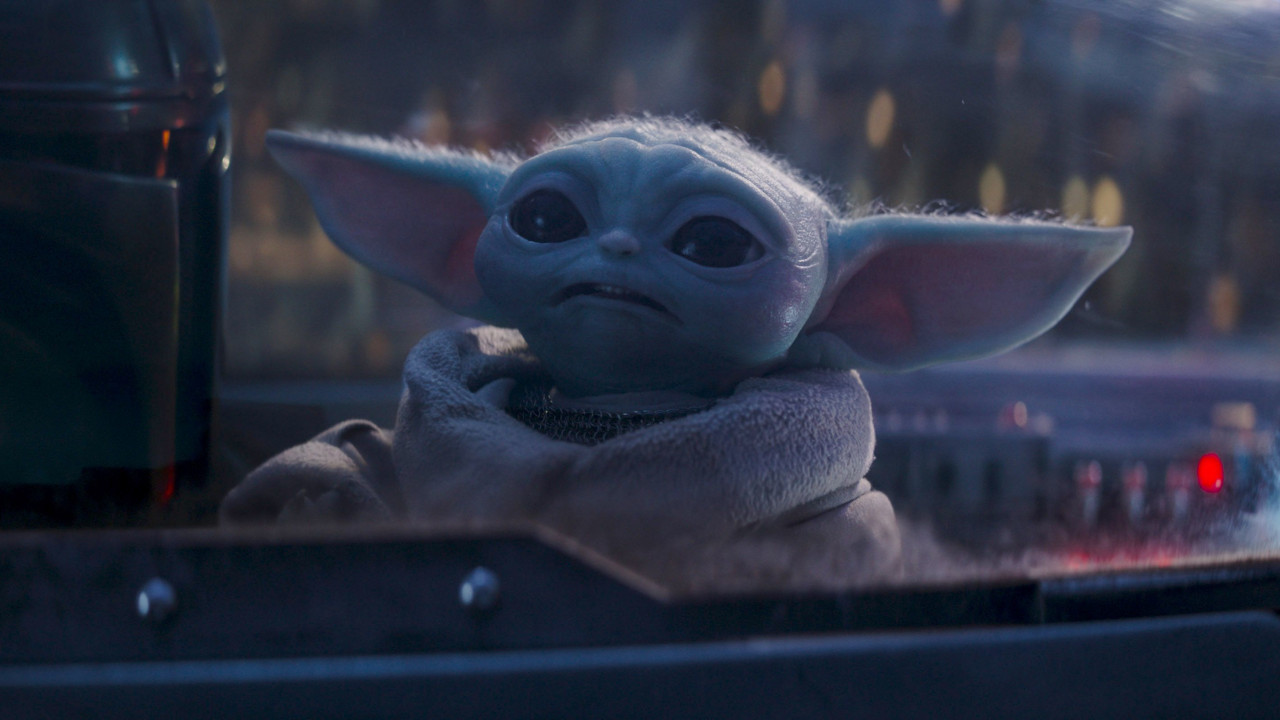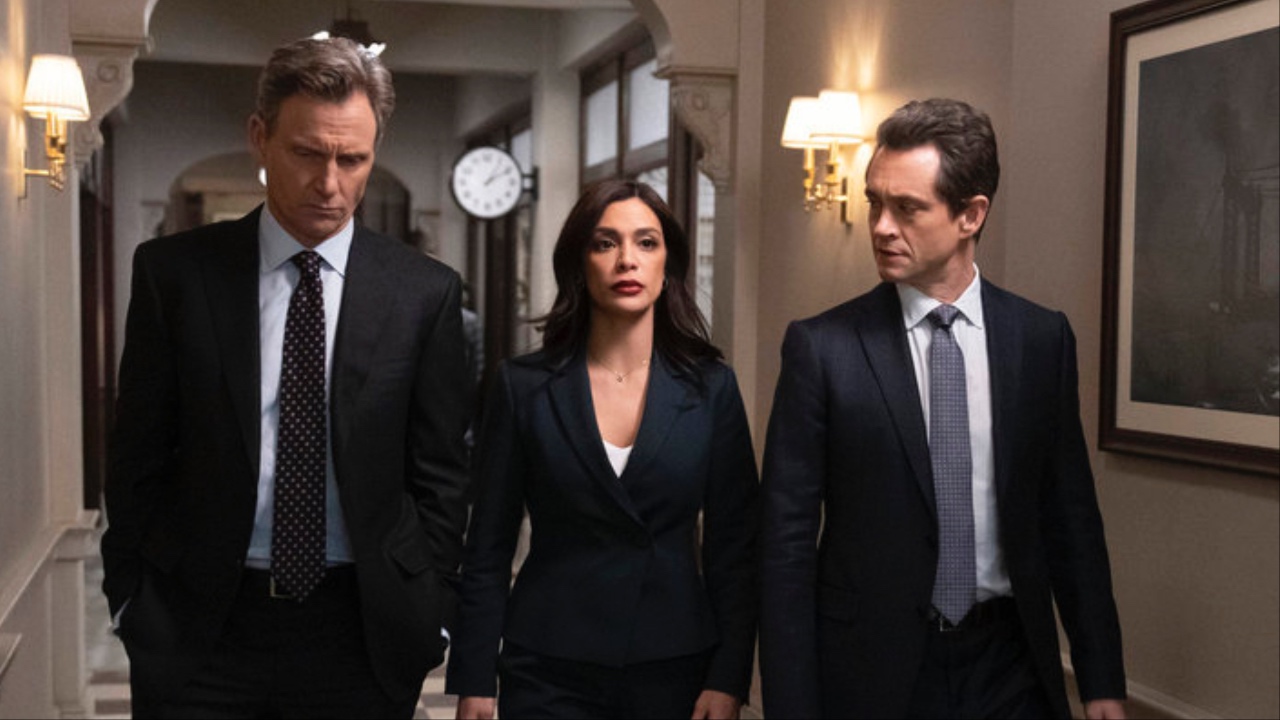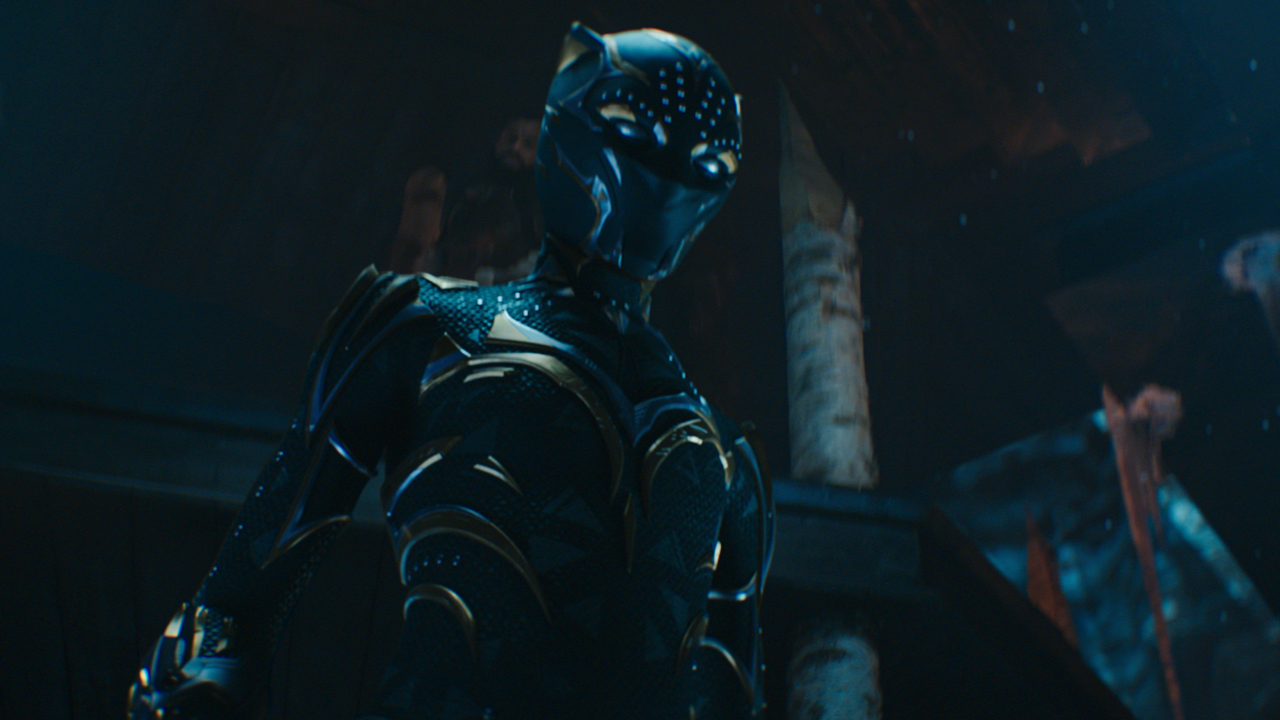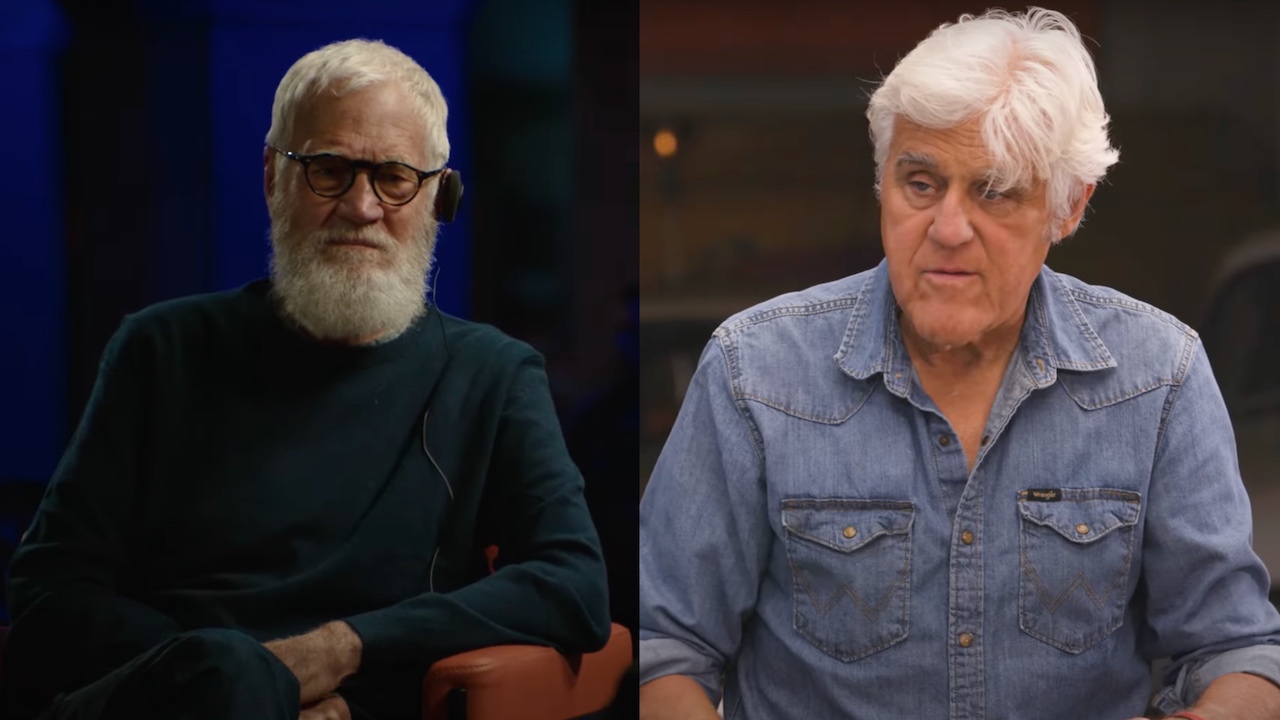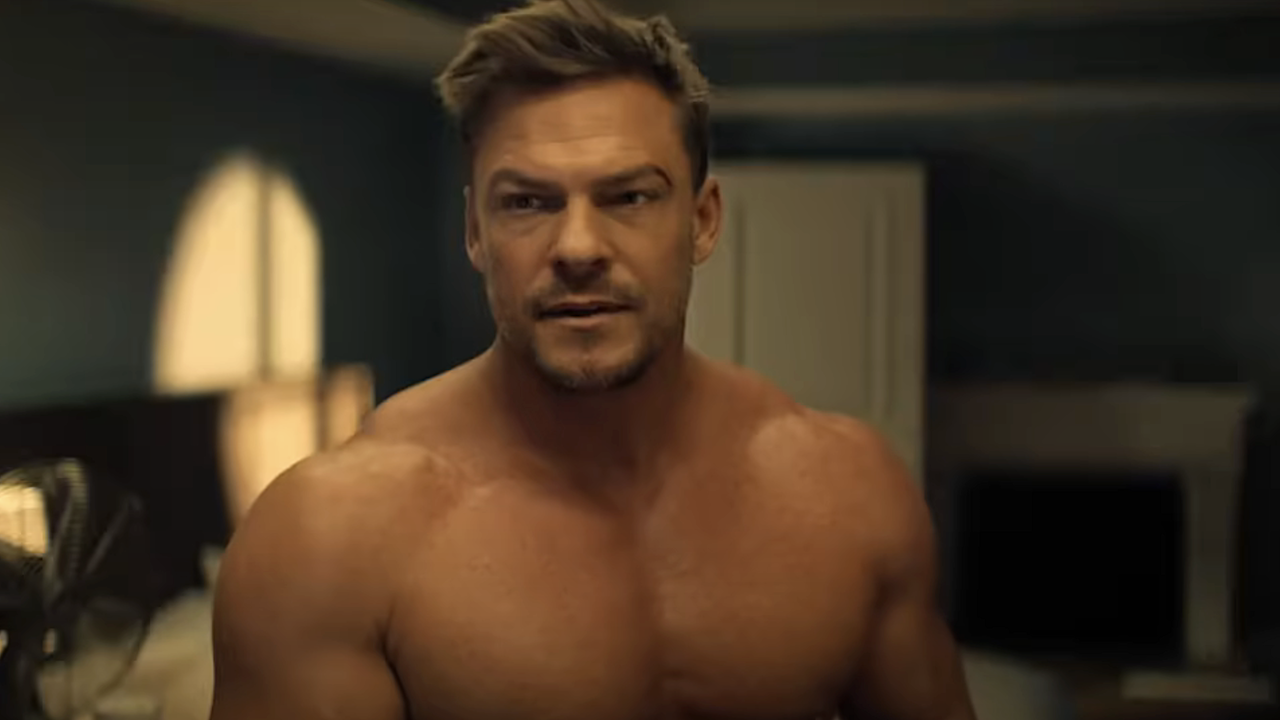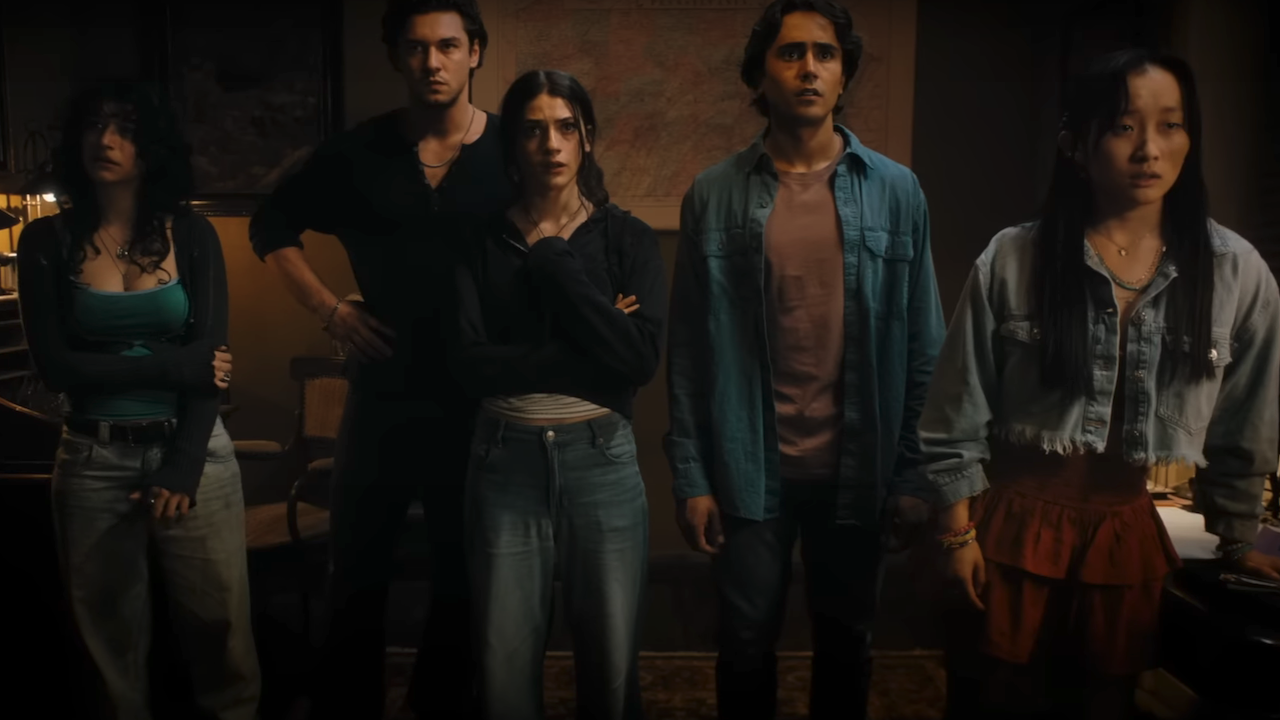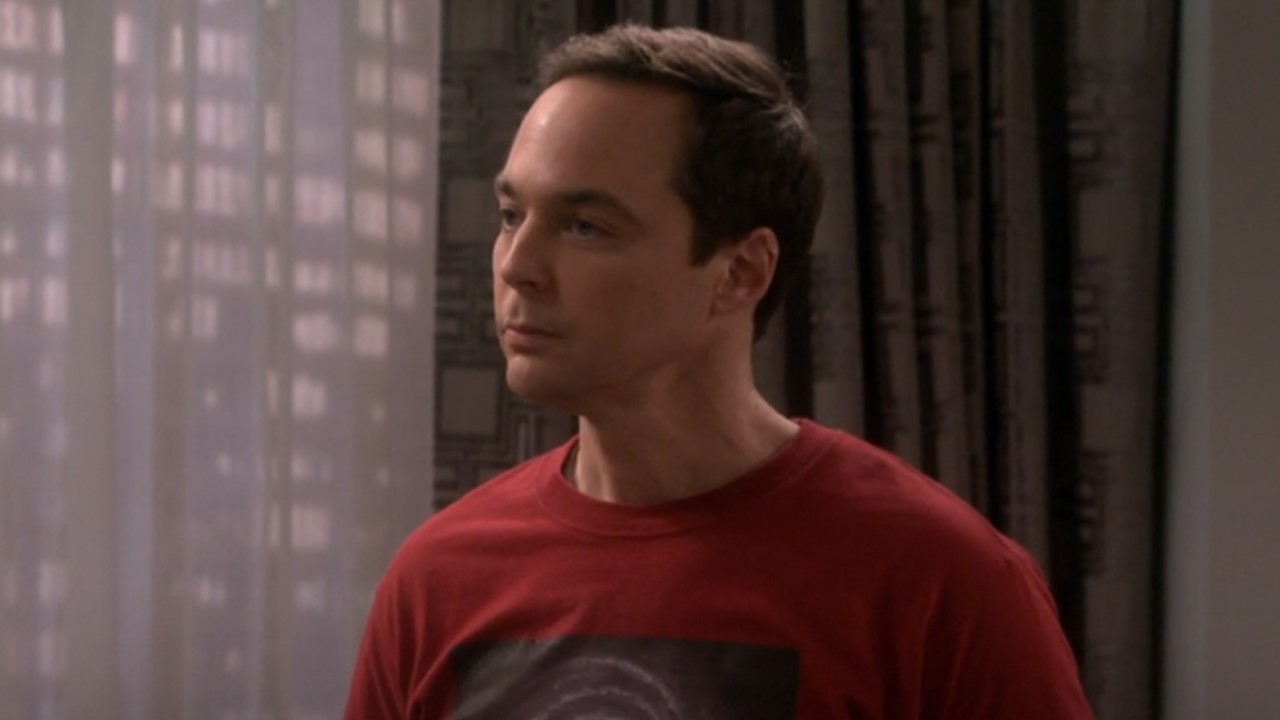Martha Marcy May Marlene Director Sean Durkin On How To Make It In Indie Film
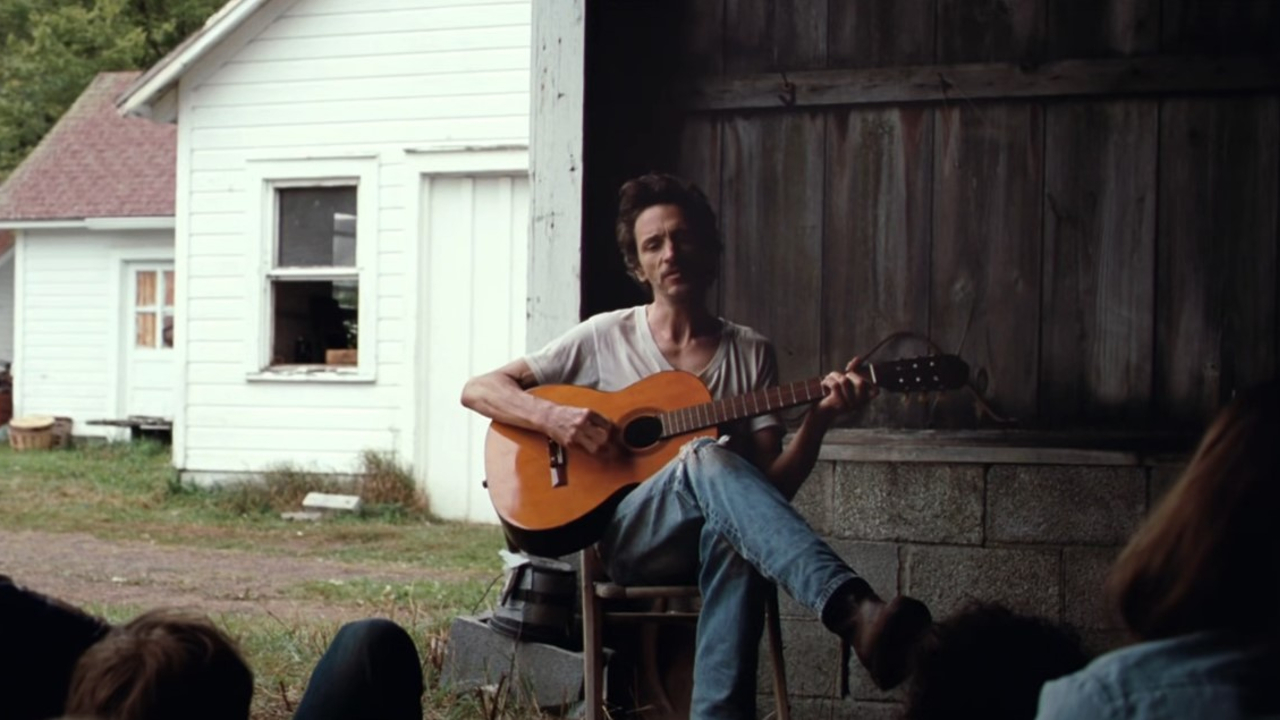
Though his first feature Martha Marcy May Marlene is only coming to theaters this Friday, Sean Durkin is well into the kind of career that every film school kid dreams of. Along with his NYU classmates Antonio Campos and Josh Mond, Durkin founded Borderline Films, a production company and filmmaking collective that allowed the three of them to work on projects that mattered to them while also, miraculously, making money. The first result was Campos's feature Afterschool, and now it is Durkin's turn behind the camera for Martha Marcy May Marlene, which Campos and Mond produced.
Durkin won the Best Director prize at Sundance, then saw his first feature travel over to the Cannes Film Festival, the New York Film Festival, and now into theaters in limited release. The star Elizabeth Olsen has won heaps of praise for her star-is-born performance, but the movie is a huge debut for Durkin as well, who displays a rigorous style and understanding of mood that's rarely present in filmmakers twice his age. I talked to Durkin last week about how Borderline Films allowed him to make such a personal, gorgeous-looking film with very little money, then about how his experience growing up with a sister and a lot of aunts gave him access to female relationships to create the sisterly dynamic at the center of the film. As a man who created in his lead character one of the most interesting female heroines in years, he has some fascinating things to say about the assumption that men can't tell stories about women.
Take a look at the interview below, and find Martha Marcy May Marlene out in limited release this weekend and expanding throughout the fall.
It seems like the other guys in the company handled the producing stuff that usually first-time filmmakers have to stress over, staying up all night figuring out how to make the money. You didn't have to worry about it.
We try to keep it separate as best we can. But we're also running the company, so we're all involved in all of it. And I produced for Antonio, and then Antonio produced for me, and Josh produced both. We raised the money for Antonio's first film, that was when we figured out how to approach it. This was a continuation of that.
How did he wind up making the first feature among the group of you?
Antonio had been making films since he was 12 years old. When we were in school and started making films, he was much further along. I was directing but not really, I was still making student shorts. I was just getting started, and it was just very natural. He was ready, he was writing a feature, he had success with his short, he got into the Cannes residence program.
CINEMABLEND NEWSLETTER
Your Daily Blend of Entertainment News
You're doing exactly what so many people say they'll do in film school, but the state of the indie film industry is so awful that it's really hard. What's given you the ability to put these films together the way you want to?
We just decided this is how we're going to do it, and we never accepted anything else. It was just this blind, relentless push to do it. And that was it. We never looked at the economy or the state of independent film. We very much operated in a bubble. It was very much step by step, building our team, getting our people, getting great actors. Then you figure out how to get a little bit of money and you start.
And you're not compromising, writing spec scripts for some crappy sequel or anything like that.
Getting out of school, we were faced with a problem of, how do I survive. Do I get a job and try to write on the side? But that's really hard to do. People do that and they never get back to the writing. We made this pact that we were going to support each other.So we'd do these little music videos, Josh and i would do them, and then we'd take the money and spilt it evenly. Then we'd pick up jobs in casting-- our casting director employed us for four years.
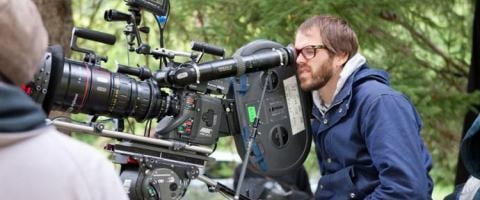
So you were working on the side, but you weren't in the Hollywood machine.
Yeah. But the goal was alway tot make sure we were supporting each other. We split everything evenly, so the person who's writing can still be developing material. It was similar on Martha, though the company changes a little bit. Then we also figured out how to make films for not a lot of money early on, and we took that to features. We would never compromise the visuals of it, no matter what the budget was on a film. You can't look at our films and say, oh, that was cheap. The other thing was that the director always has final cut. We'd turn down money and make films for less money so we'd have control of that. Those were things we wouldn't budge on. We weren't compromising creatively, but there's massive financial compromise that you go under for years.
In this movie you're working with locations you already have, like using Antonio's grandfather's farm, and you're working with natural light. Do you plan that way knowing how much money you have?
I think making a first feature we definitely say that. But it's not in a way that it gets in the way of the story. You make a story that's contained in a realm you know you can do it. Once we understood how to make films and how much they cost, the story fell into place. We've never not done anything we wanted to do because of money.
You had this whole script written when you made the short film Mary Last Seen-- did it change after making the short?
That was a year before we shot, and it changed a lot in the last year, but it took the shape of what we saw.
It starred Brady Corbet, and he's an important character in the film but not the central one. Was he a bigger character when you made it?
We knew he was going to play that role, he had just done another film with us, Two Gates of Sleep. It didn't get smaller, it was always like that. But how I work is I like to have a full story. You only see glimpses of certain characters, but I have their full stories. That was just an extension of his story that I had that was never going to be in the movie.
The back story is interesting, because watching the film you spend all this time piecing together Martha's back story for yourself, but there's very little explicit exposition. How did you decide how much the audience needed to know?
You don't quite know what you need. But I know everything, and there's a little more in the script than what's in the movie, so the people reading it have a fuller understanding. Scenes with a little more exposition that I know are going to be cut. I feel like when you're reading a script it's different from watching a movie because you're trying to get people to do it, you need to give a little more understanding. When two sisters are sitting in a room and they don't say anything to each other, when you're filming that you can see it all, but when you're writing it you can't necessarily see it, at least I don't know how to do that yet. There might be something extra in there to help understand. I trim the fat as I go. When we were shooting there were scenes like, OK, we don't need to shoot hat. And then in editing, you find it. It's a really delicate puzzle. People get annoyed in Q&As because they think I'm being elusive or something. But we worked really hard to put exactly everything in the movie that we wanted to be in there. So I don't like to expand on that.
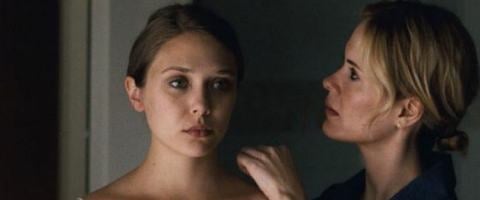
This movie is really specific about the lead character being female. Why did your lead need to be female in terms of what you wanted to say about cults?
There are groups where the men are the victims, but I find that in these groups, the women tend to be the most victimized.
When you have a sisterly relationship developing out of that, what do you base that on? Sister relationships are really tricky.
I have a sister, I have a mother and she's got five sisters. I have cousins who are like a sister. I grew up around a lot of very loud, strong women, and at the end of dinner it'd be me sitting around the table with six women. I love them all and i love their dynamic, and that's interesting to me.
It seems like you think it's a false assumption that a man can't make a movie about a woman.
Oh, totally. That's like saying, 'How can you make a movie about getting out of a cult if you've never gotten out of a cult?' Because movies are made by people who don't have to go through things. You have to understand that. I have to understand, emotionally and psychologically, what she went through. And I did that, then I tried to be true to that when I was making the movie. To understand sisters, I need to understand family relationships. I don't think of it in terms of male-female or having to live through it.
Staff Writer at CinemaBlend
NCIS: Origins' Showrunner Revealed 'The Real Highlight' Of Learning Season 2 Was Happening, And I Discovered They Pulled Off An Amazing Achievement In The Process
I Talked To The Wedding Banquet Director About My Favorite Scene, And Turns Out Youn Yuh-Jung Actually Had A Key Note That Made It Better

